Biomass to Products
In the foreseeable future depleting fossil resources demand a change in the supply of raw materials. In order to bridge the gap from a petrochemical industry to a bio-based economy renewable resources can and are supposed to substitute fossil raw materials.
Renewable materials are the only sustainable source of carbon which can be used for the production of organic chemicals such as detergents, paints and coatings, while heat and electricity supply may be covered by other renewable resources like solar and wind energy. The production of chemicals in the industrial organic chemistry is based mainly on limited fossil raw materials. The development and operation of efficient production processes without or less fossil raw materials, i.e. based on renewable biomass in biorefineries, is an important part of a future bio-economy.
We are investigating the entire value-added chain of the conversion of renewables to biobased products including:
- Biomass digestion
- Biotechnical conversion
- Chemo-catalytic conversion
- Downstream processing
- Bio-based polymers and materials
- Sustainability assessment
The material use of renewable resources is a key research focus at our institute and we develop new technologies and biorefinery concepts considering raw materials recycling and cascade utilization. The research is conducted by an interdisciplinary team including agriculturalists, chemists, biologists, biotechnologists and engineers who are working on different research projects along the entire value-added chain. Every step of the value-added chain is characterized and evaluated to specifically improve the utilized technologies and processes related to competitiveness and environmental compatibility. This supports the sustainable production of biobased products and the transition to a bioeconomy in the long term.

![[Translate to English:] [Translate to English:]](/media/_processed_/3/6/csm_Hintergrund-Ausschnitt1_9daaef6b89.jpeg)
![[Translate to English:] [Translate to English:]](/media/_processed_/3/6/csm_Hintergrund-Ausschnitt1_0bd7111163.jpeg)
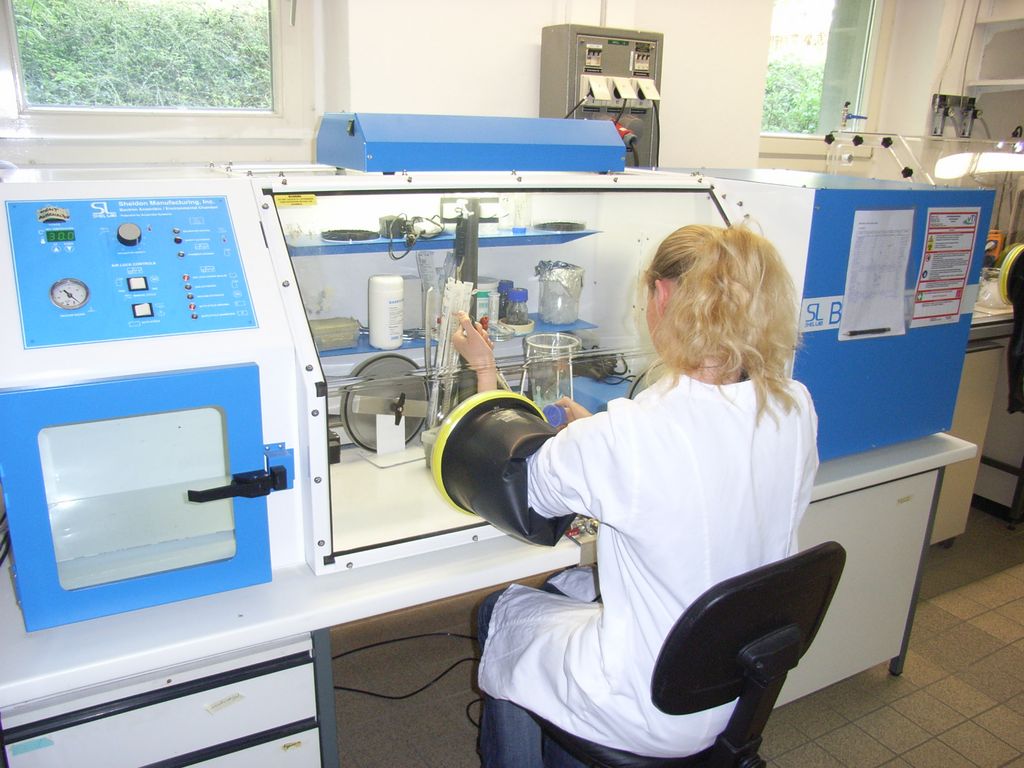
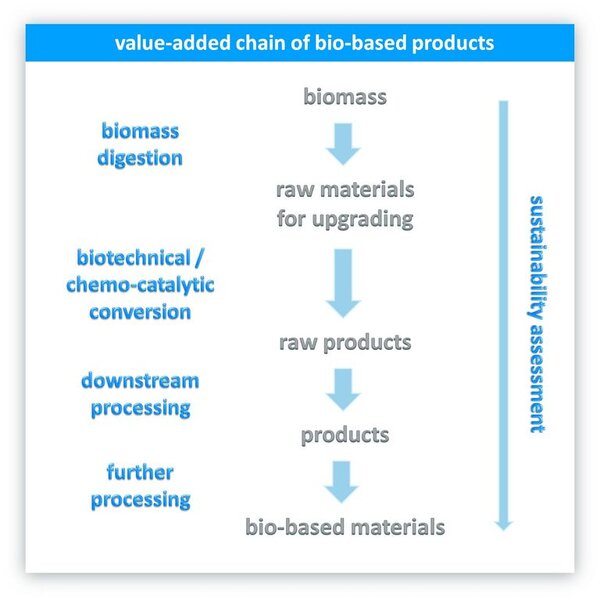
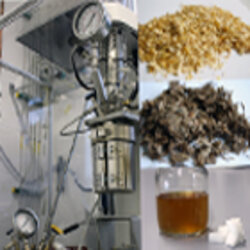
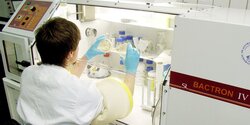
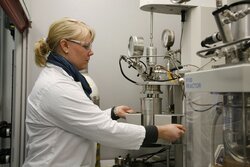

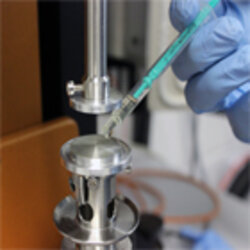
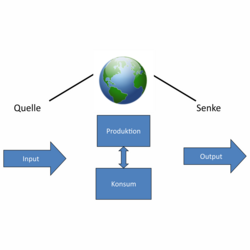
![[Translate to English:] Logo des Bundesministerium für Ernährung und Landwirtschaft](/media/allgemein/logos/BMEL_Logo.svg)